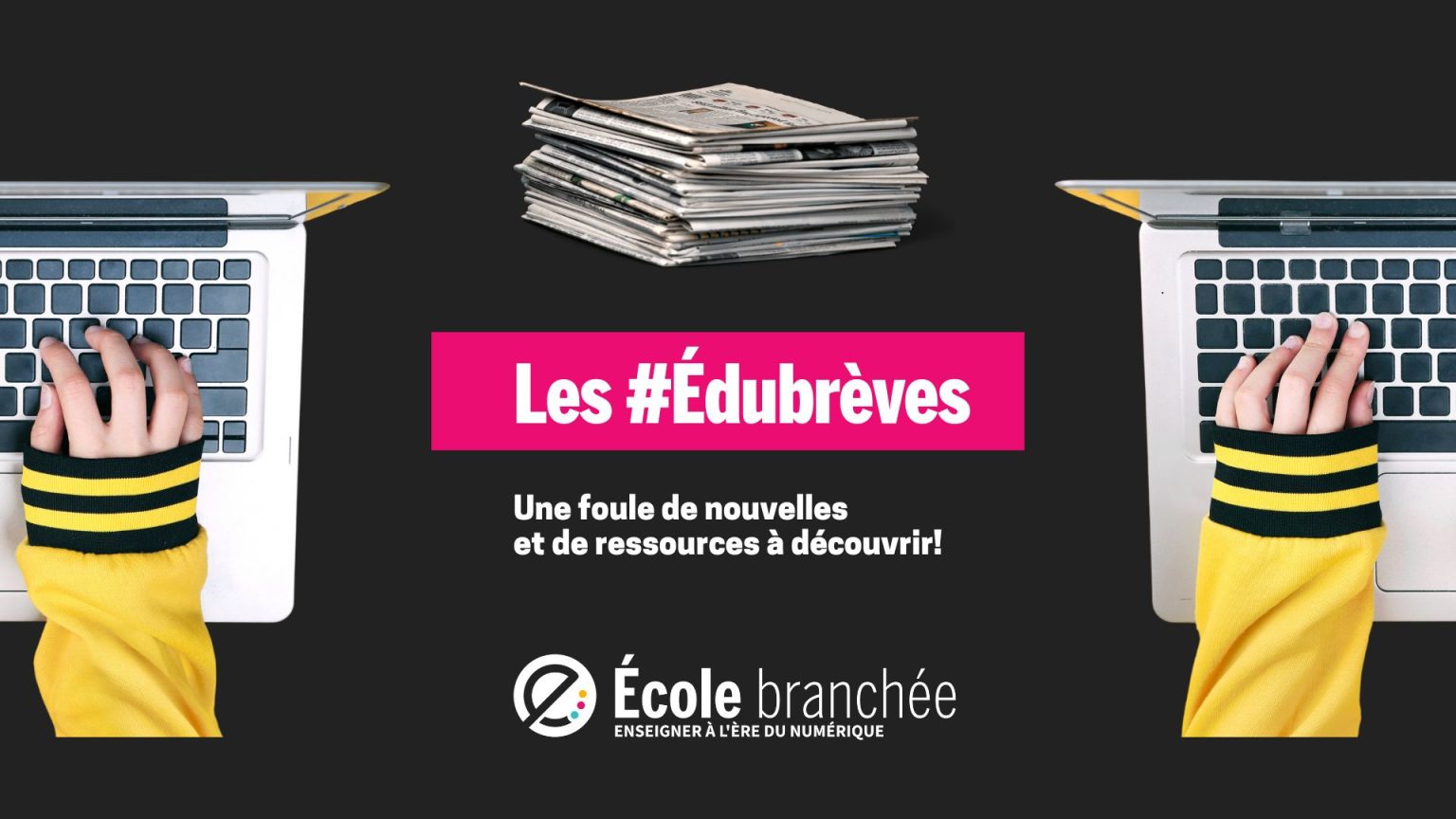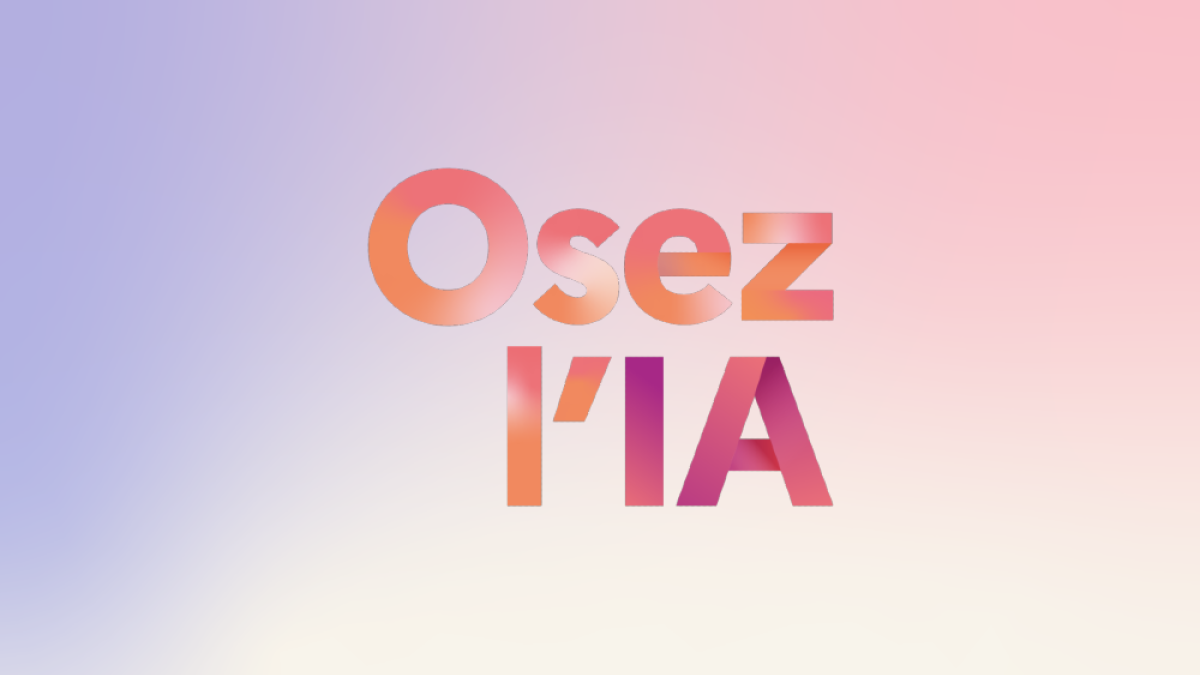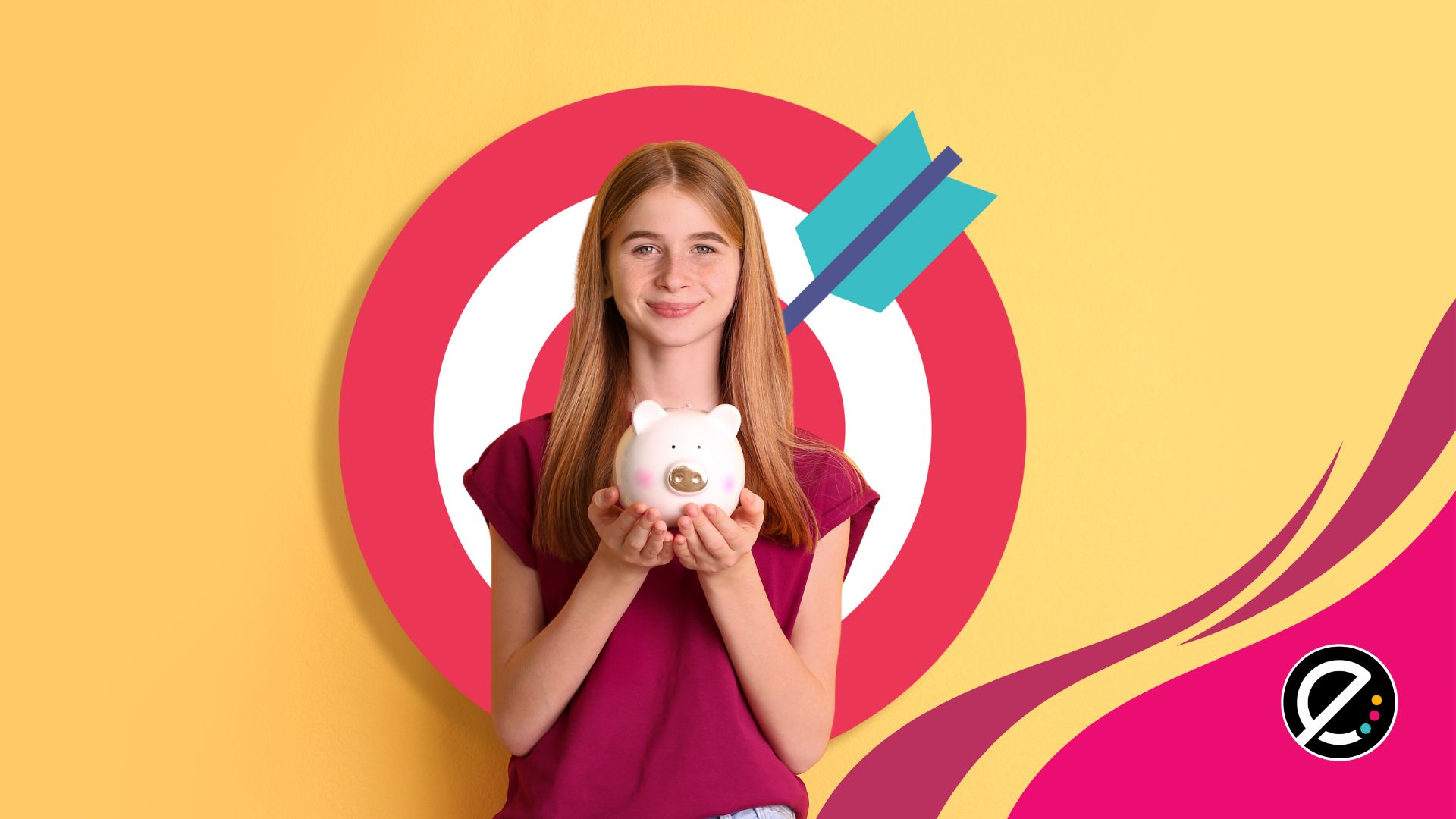(Communiqué) L’enfant ayant fait le meilleur dessin sur le thème de l’espace ou de l’aéronautique dans chaque État membre donnera son nom à un satellite du programme Galileo. Les deux premiers satellites, dont le lancement est prévu pour le 20 octobre, porteront les noms des jeunes gagnants de Belgique (Thijs) et de Bulgarie (Natalia), où le concours a déjà été organisé il y a quelques mois. Le 1er septembre , la Commission européenne a lancé le concours dans les 25 autres États membres afin de pouvoir baptiser les satellites qui seront lancés jusqu’en 2019. Les enfants âgés de 9 à 11 ans peuvent y participer.
Antonio Tajani, vice-président de la Commission européenne chargé de l’industrie et de l’entrepreneuriat, a déclaré: «Avec la navigation par satellite, l’exploration de l’Univers et l’observation spatiale, la thématique de l’espace revêt une importance grandissante pour les citoyens et pour notre avenir économique. Nous souhaitons éveiller la créativité des enfants et les voir se passionner pour l’espace et ses opportunités dès leur jeune âge. Nous récompensons cette créativité en offrant une occasion unique à 27 enfants: donner leur nom à un satellite.»
Du 1er septembre au 15 novembre, les enfants vivant dans l’UE et nés en 2000, 2001 et 2002 – date à laquelle le programme Galileo a démarré – sont invités à faire un dessin sur le thème de l’espace et de l’aéronautique, à le scanner ou à en prendre une photo numérique et à transférer le fichier sur le site internet du concours. Dans chaque pays, un jury national choisira le meilleur dessin et le gagnant verra son nom attribué à l’un des satellites de la constellation Galileo. Les lancements des satellites auront lieu régulièrement à partir de 2012 jusqu’à ce que la constellation (qui devrait compter 30 satellites) soit complète. L’ordre dans lequel les noms des enfants seront donnés aux satellites suit l’ordre alphabétique des États membres dans leur langue nationale.
Le concours est annoncé dans chaque État membre par des communiqués de presse et des conférences de presse, des courriers aux écoles et aux associations d’enseignants ainsi que par des messages sur les portails éducatifs. Cette initiative devrait également contribuer à éveiller l’intérêt des élèves et permettre aux enseignants d’aborder plus facilement en classe la thématique de l’espace et de la navigation par satellite.
Vous saurez tout sur le concours en vous rendant sur le site http://www.galileocontest.eu/fr/competition.
Contexte
Le programme Galileo est le projet européen de navigation par satellite. Il met en place un système mondial de navigation par satellite semblable au GPS. Compte tenu de l’importance toujours croissante des applications de navigation par satellite pour les entreprises et les citoyens, Galileo, en en garantissant la disponibilité, assurera l’indépendance de l’Europe dans ce domaine essentiel.
En 20 ans, Galileo devrait rapporter 90 milliards d’euros à l’économie européenne, sous forme de revenus supplémentaires pour l’industrie et d’avantages publics et sociaux, sans compter les gains en termes d’indépendance.
À partir de 2014/2016, Galileo offrira trois services initiaux grâce à une première constellation de 24 satellites minimum: un service ouvert (2014), un service public réglementé (2016) et un service de recherche et de sauvetage (2014). D’autres services seront mis en place par la suite, dont un service commercial combinant deux signaux cryptés pour un débit de données plus élevé et une précision accrue des données authentifiées.
Pour de plus amples informations concernant Galileo:
http://ec.europa.eu/enterprise/policies/satnav/galileo/index_fr.htm





